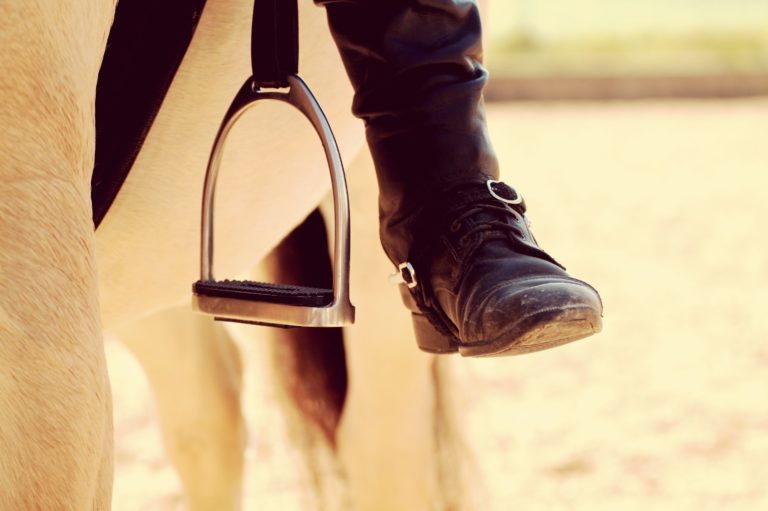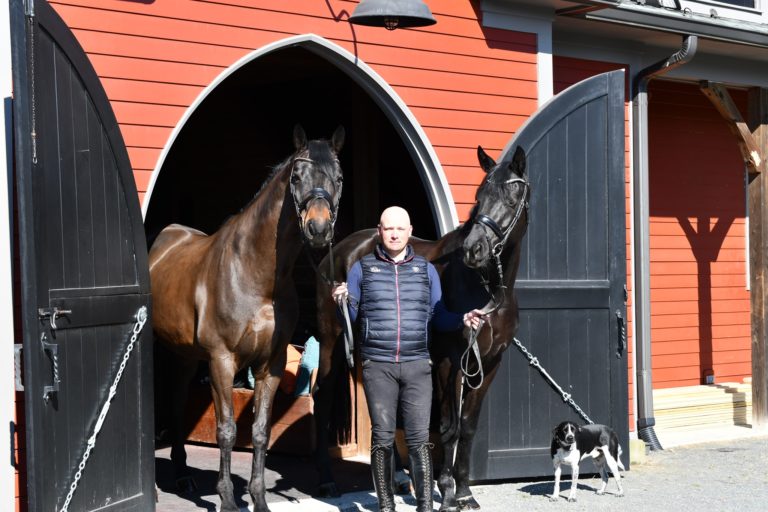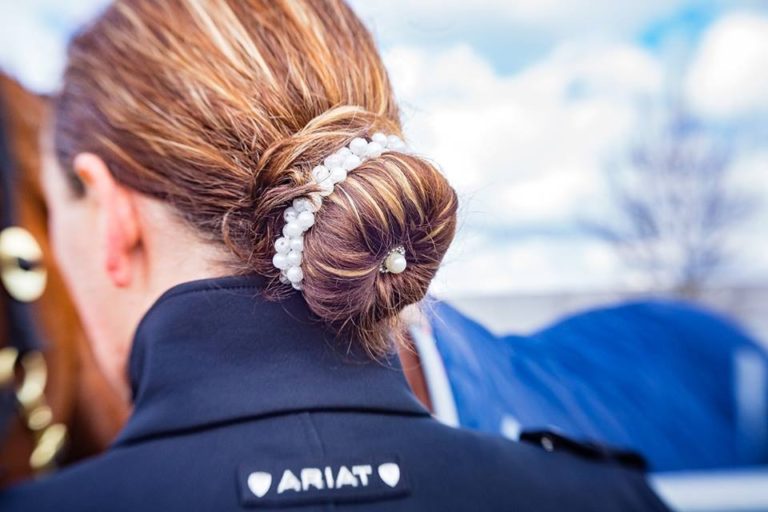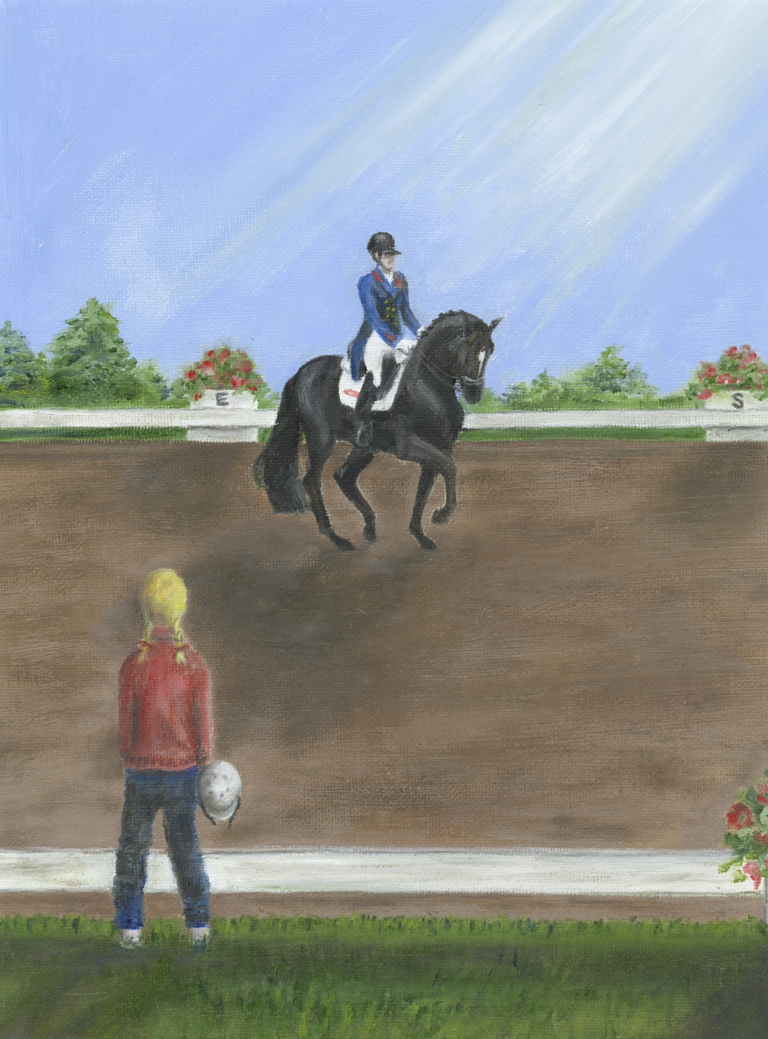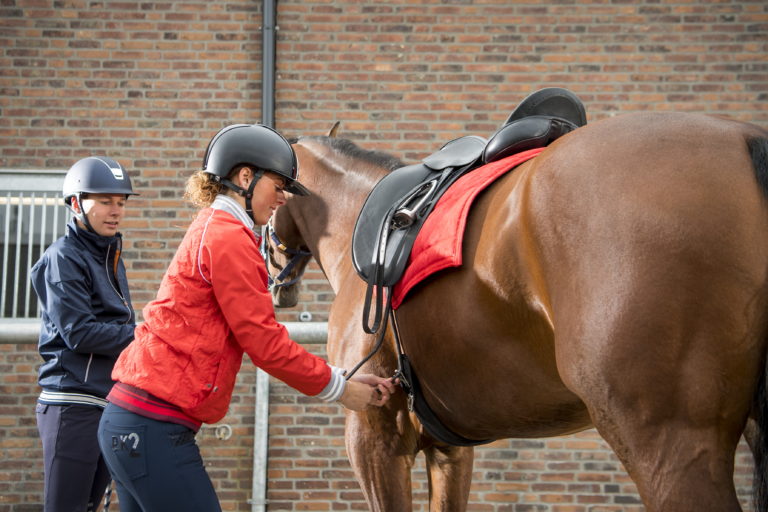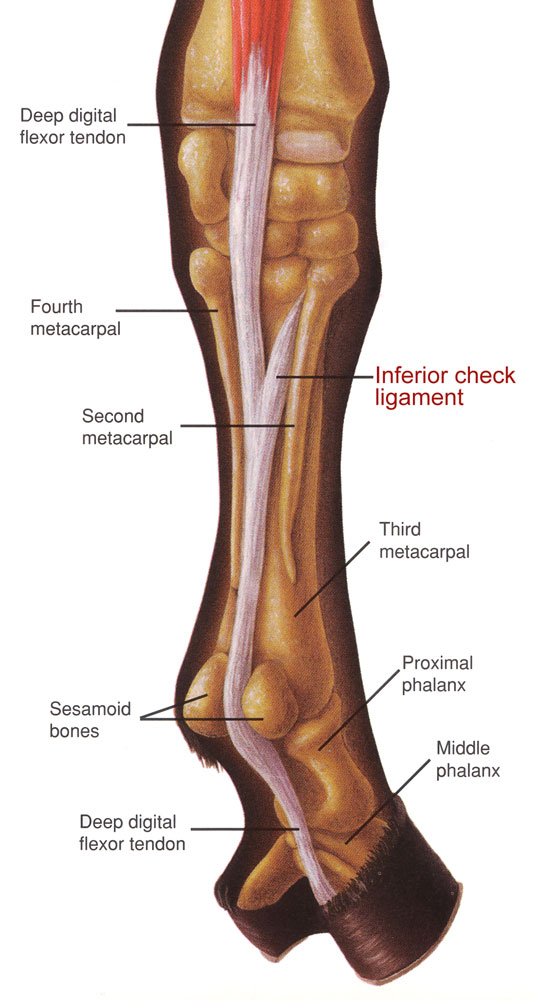Q: There is a very good trainer in my area who has a lot to offer, but she is intimidating and very blunt. I think there is a lot I could learn from her, but to be honest, I’m a little scared of her. Should I pursue riding with her? If so, what are some strategies to help me cope with her harsh criticism?
A: This month’s column is a continuation from last month, answering the second half of this rather complicated question from a reader. There is really only one strategy for dealing with harsh criticism. By the way, this strategy applies to more than just a dressage lesson. The strategy is simple, but not easy. Mindfulness, or controlling the mind, is how to deal with harsh criticism.
If you rolled your eyes when you read that, please read on. I know it sounds impossible because controlling the mind is a long and dedicated practice that you get only marginally better at, so why bother? But in many ways, so is dressage. It takes years to get good at it and every time you look around, you can always get better.
“Mindfulness” is a big buzzword these days, so let me explain an easy way to think about mindfulness. Harvard Social Psychologist Ellen Langer defines mindfulness as, “the simple act of actively noticing things.” Have you ever seen a sign that says, “Mind Your Step?” Mindfulness doesn’t have to be about meditation or some new-age method of improving your life. It is about being present, being aware and noticing what is going on in the moment. Human beings have this extraordinary ability to learn from the past and prepare for the future because of our complicated brains. While this evolutionary trait is supposed to help us, it actually causes problems, too. For a lot of us, when we think about the past, an emotion is triggered that we then insert into the future, often giving the future no chance but to match the past.
Start by thinking about what part of the harsh criticism it is that really bothers you. Is it the message (the criticism) or the delivery (the harshness of it) that bothers you? If it is the criticism, then you are most likely distressed by where you are in your riding. If this is the case, I imagine this is how that interaction would play out: The trainer points out something you are doing wrong and your mind speeds into the darkness of how you can’t fix the issue because you’re not good at that or you weren’t taught correctly or you don’t have enough time to ride to get good at it, etc. And then it all goes dark and you ride poorly.
If it is the harshness that bothers you, then your feelings get hurt quickly and you feel the uncontrollable need to protect yourself. You might even combine this feeling with the perceived certainty that you can’t perform and then you don’t ride to your potential.
Either way, being mindful is the way to manage all of this. As a disclaimer, mindfulness is a practice and a skill that is developed over time, just like dressage. After all, no one is born able to ride perfect pirouettes. But the time will go by no matter what, so why not spend it getting better at something that will help you?
The game to play with your mind is to notice what it is thinking. This is mindfulness. If you can hear your own thoughts becoming negative, then you have the power not to react to them. You might think to yourself, Oh silly mind, when I really try and am not letting you fill me with doubt, my half pass is actually quite nice!
Use your breath as a start to ground you by pausing and giving your brain some oxygen. When you “mind your step” you get to direct your feet so that you stay on course. When you mind your brain, you get to direct your thoughts so you can be better connected to your actual ability to ride and improve your riding.
Obviously, your mind will never go away, but your ability to use it better can always improve. Like always, stay focused, stay committed and most of all, be kind to yourself.
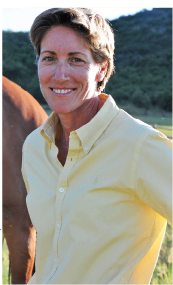
Jenny Susser has a doctoral degree and is licensed in clinical health psychology, specializing in sport psychology. A four-year all-American swimmer at UCLA, she swam on two national teams and at the 1988 Olympic Trials. She has worked with athletes of all sports and ages—collegiate, professional, international and amateur. She was the sport psychologist for the 2010 WEG South African Para-Dressage Team and the 2012 U.S. Olympic Dressage Team. Dr. Jenny is also a performance coach with Human Performance.


